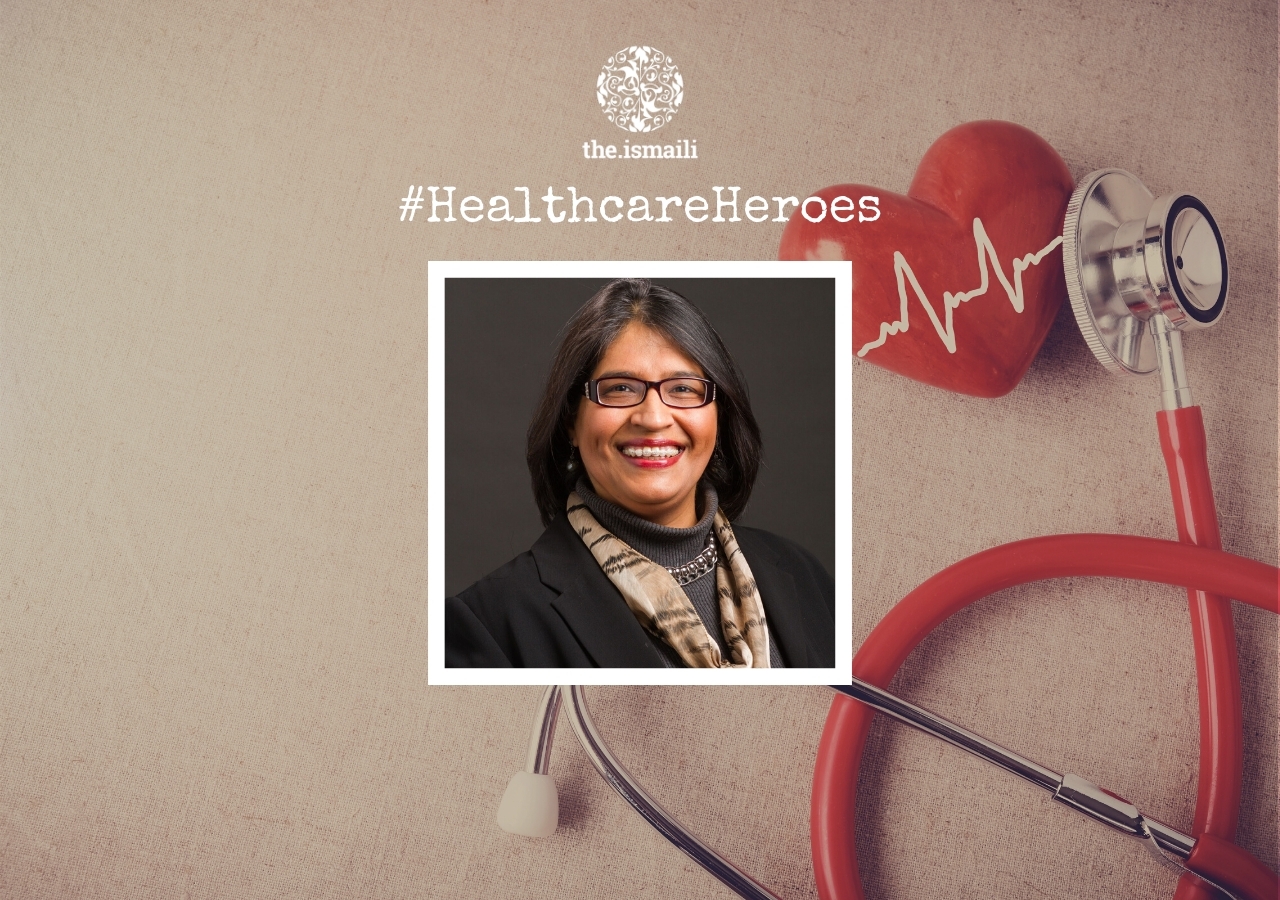In early March, Dr Merchant and her husband, who is a surgical intensivist, were extremely busy planning their hospital’s response to Covid-19. Then, two weeks later when it started to get worse in the New York metropolitan area, he suffered a cardiac arrest.
“This is how life changes. Our shift starts at 7:30 AM, we are supposed to be reporting to duty right now, and my husband’s having a heart attack. To call the ambulance and now be at the receiving end of it, I have no words to describe how that felt.”
Since that day, Dr Merchant’s life has been nothing short of a roller coaster ride. She was finally able to get back to work in early April and now spends her days processing a barrage of information that keeps updating every day, while still working in the ICU. Every day, she must read a high volume of emails, attend video conference calls, internalise all the updates, and do many other things outside of patient care to stay on top of all the incoming information required to properly take care of patients. Being part of the Yale University academia, she is also engaged in quickly developing new protocols and processes that will keep her students safe while continuing their mission of education.
For Dr Merchant, the management of Covid-19 patients at work is just one onerous aspect of her life. Her worries and anxiety continue even when she has returned home from work.
“The biggest fear in my mind is what am I bringing home to my family. I cannot describe in words. I am living out of my basement and I FaceTime with my family.”
Like many of us, this pandemic has changed Dr Merchant’s life significantly. Knowing that she will be on the hospital rotations for the following eight weeks, she plans to keep her distance from her family for a long time. In the evenings, her family gets together on a group video call and they enjoy family dinners together while physically distant.
“We are chatting, but we are at least 12 feet away, we are not able to see each other's faces because I’m down on the basement stairs with my plate in my hands and he’s up in the living room.”
Her message to the community is to look at this crisis as an opportunity to be better about hygiene and keep our environment cleaner moving forward. She feels that this isolation has also allowed us to appreciate the simple things that nature has to offer. Recalling a recent evening that she spent on her deck, when the sun was still shining bright and she could hear the birds loud and clear because there was no noise from the traffic, she was reminded of the profound positive impact that nature can have on our brains and bodies. She hopes to continue to maintain that connection with nature going forward.
Having seen the distress of patients who are isolated during this tough time, Naseema urges the Jamat to help out those who are sick or recovering by offering them simple gestures of kindness.
“They will need a lot of help. They always need a lot of help. Do not shun them. Find different ways. Provide emotional support, get groceries for them, check in on them, maybe make food for them. Whatever way, offer that compassion to people.”








